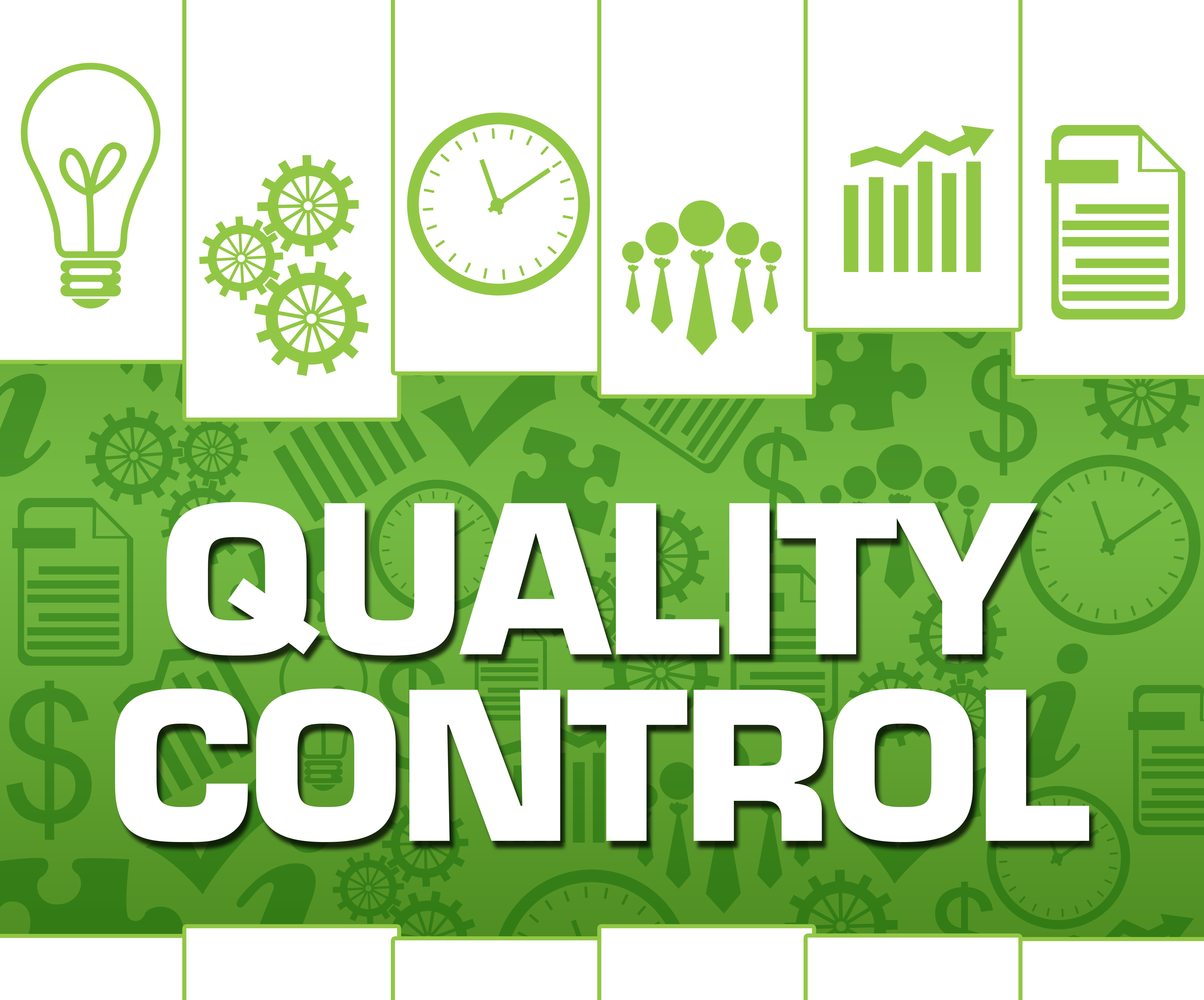
The PCAOB released results of the inspections during the 2017 cycle. The results are not pretty. In addition, PCAOB released previously confidential comments from the 2015 report.
Michael Rapoport has the details in the Wall Street Journal on January 25, 2019: KPMG Gets Poor Marks From Audit Regulator / Regulator unseals sharp criticism of Big Four accounting firm’s quality during period spanning leak scandal.
In a painful phrase, the article quotes prosecutors as labeling this as a
“steal the exam” scheme.
In the 2016 audit cycle, PCAOB replaced 11 engagements that had already been reviewed with 10 others. Of the 11 replaced, 3 had significant deficiencies. Of the 10 replacements, 9 had deficiencies.
Just how to interpret those results is tricky. Engagements are selected on a risk basis, which at a broad level, means the PCAOB staff are trying to find problems, since they are looking for risky engagements. Whether there was more focused aim in selecting the replacements would be a good question, which nobody would ever answer. In addition, how engagements are categorized as significantly deficient is an issue subject to discussion, but it is a reasonable guess that a consistent definition was used in the replaced and replacement engagements.
Subject to the vagaries of the assumptions, the results are still grim. Deficiencies grew:
- 3 of 11 initial selections were deficient
- 9 of 10 replacement selections were deficient
That looks bad. The implied, inferred, never-to-be-stated inference is that after learning what engagements were going to be reviewed, there was some file cleanup going on.
The number of engagements with significant deficiencies is:
- 22 of 51 – 2016 inspection cycle (after replacements if I’m reading the article correctly)
- 26 of 52 – 2017 inspection cycle
The newly released section of the 2015 report says the firm had not yet implemented a system to assess audit quality of the partners. Translating the article’s one sentence quote of the PCAOB’s carefully worded report says that not doing so suggests the firm isn’t as committed to audit quality in fact as it is in words.
Article says that two partners still are facing trial in February and one in October.